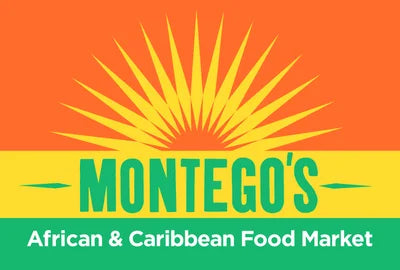


South African Freedom Day (End to Apartheid)
Freedom Day is a public holiday in South Africa celebrated on 27 April. It commemorates the first post-apartheid elections held on that day in 1994 and the day on which the new constitution was introduced.Following the abolition of the decades-long segregation in South Africa, Freedom Day was marked on April 27, 1994, as a multiracial election.

Until then, basic human rights and privileges were denied to black South Africans by the few ruling Whites. From then on, April 27 became a symbol of freedom for South Africans. It also commemorates the efforts of national heroes like Nelson Mandela. The struggles and sacrifices of Mandela, other key figures like Desmond Tutu, and many others, brought South Africans the freedom they were long deprived of in their land.




Sierra Leone's Independence Day

Republic of Zimbabwe 🇿🇼 Independence Day

Battle of Isandlwana (1879, South Africa)

Egypt's Independence Day

St Lucia: Independence Battles and Influential Figures

Grenada: Struggles for Independence and Resilient Leadership

Sudan's Independence Day

Libya's Independence Day

Kenya's Independence Day
Republic of Kenya Independence Day- December 12, 1963:
Kenya declared independence, with Jomo Kenyatta as its first Prime Minister. The Mau Mau uprising, led by figures like Dedan Kimathi, played a significant role in Kenya's journey to independence.




